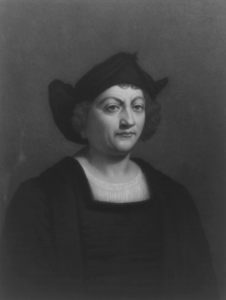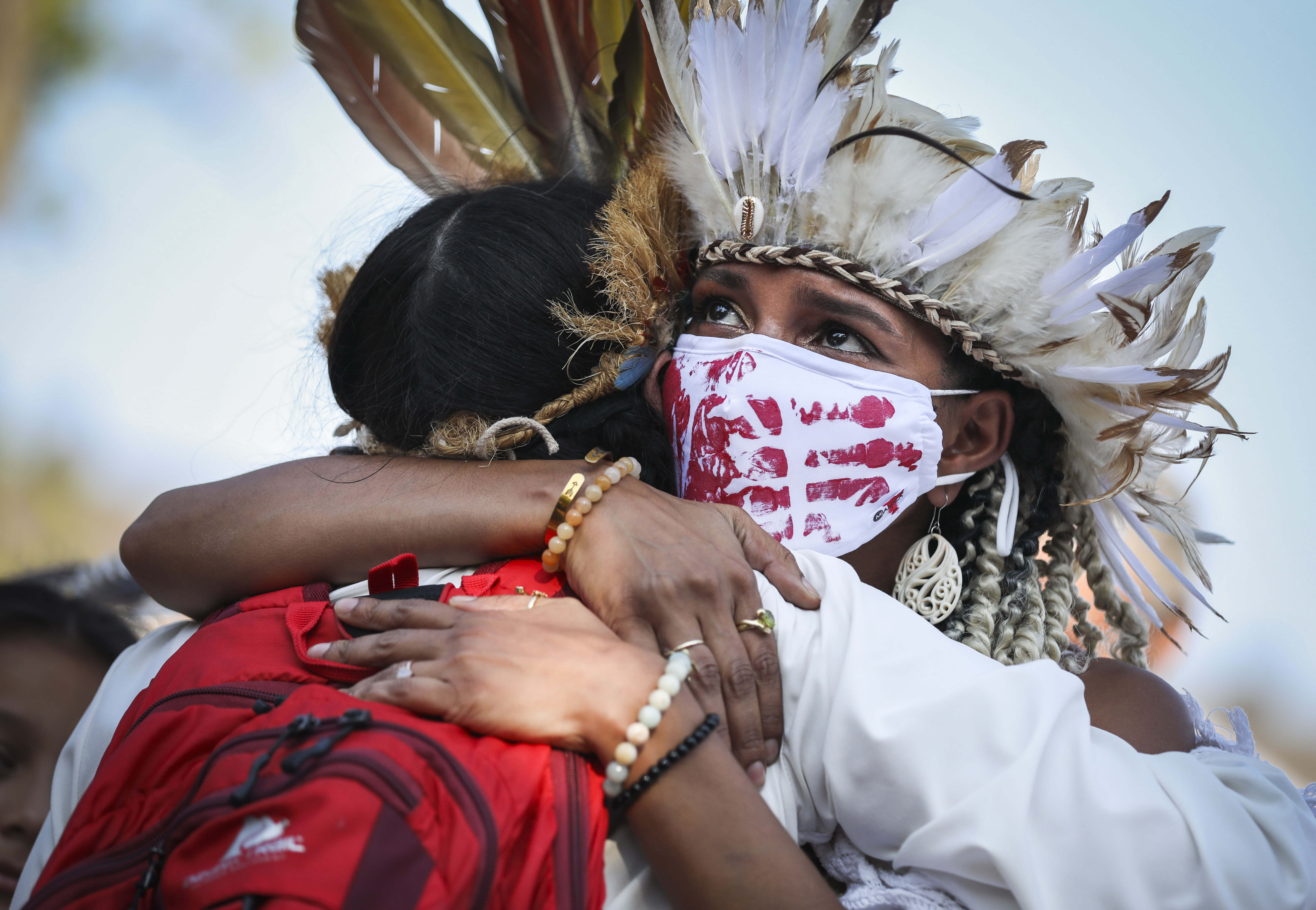For years American schoolchildren have uttered the mnemonic, “In 1492, Columbus sailed the ocean blue” to recall the date that Christopher Columbus first discovered the Americas.
Yet in recent years there has been a growing push to give a more complete and accurate recounting of American history. Despite the popular phrase, Columbus was not the first foreign explorer to land in North America, nor was he the first to discover it. Indigenous People had populated the Western Hemisphere for tens of thousands of years prior to the Italian explorer’s landing. Indigenous Peoples’ Day seeks to reframe that antiquated narrative.

“Indigenous Peoples of the Western Hemisphere immediately experienced enslavement and theft of resources by the explorers turned settlers,” writes the National Museum of the American Indian.
“Colonies created by the Portuguese, Spanish, French, Dutch, and English grew throughout the Americas and increasingly encroached upon Native lives and lands. Warfare, enslavement, and forced relocation disrupted and altered the lives of Indigenous Peoples in the Americas. Celebrating Columbus and other explorers like him dismisses the devastating losses experienced by Indigenous Peoples of the Western Hemisphere in the past and the ongoing effects of colonialism today,” the museum continued.
According to the Smithsonian Magazine, the first documented observance of Columbus Day in the United States took place in New York City in 1792 — 300 years after Columbus’s landfall — with President Franklin Delano Roosevelt declaring it a national holiday in 1937. In 1972 President Richard Nixon signed a proclamation making the official date of the holiday the second Monday in October.
Columbus Day vs. Indigenous Peoples’ Day: The Controversy
The idea of replacing Columbus Day began in 1977 at the United Nations International Conference on Discrimination Against Indigenous Populations in the Americas, where it was proposed that Indigenous Peoples’ Day replace Columbus Day.
The celebration of Columbus Day has been controversial from its conception.
In 130 years following first contact with Christopher Columbus and other explorers, it is estimated that indigenous peoples lost 95 percent of their population. It is argued that to celebrate Columbus Day is to dismiss, even celebrate, these genocidal losses experienced by Indigenous Peoples of the Western Hemisphere.
In 1990 South Dakota was the first state to rename Columbus Day, with Berkeley, California becoming the first city in the United States to declare October 12 a “Day of Solidarity with Indigenous People.”
States that officially celebrate Indigenous Peoples’ Day
- Alaska
- Hawaii
- Maine
- New Mexico
- Oregon
- South Dakota
- Vermont
States and D.C. that observe Indigenous Peoples Day via proclamations
- Iowa
- Louisiana
- Michigan
- Minnesota
- North Carolina
- Virginia
- Wisconsin
- Washington, D.C.
States that celebrate both holidays
- Alabama
- Oklahoma





